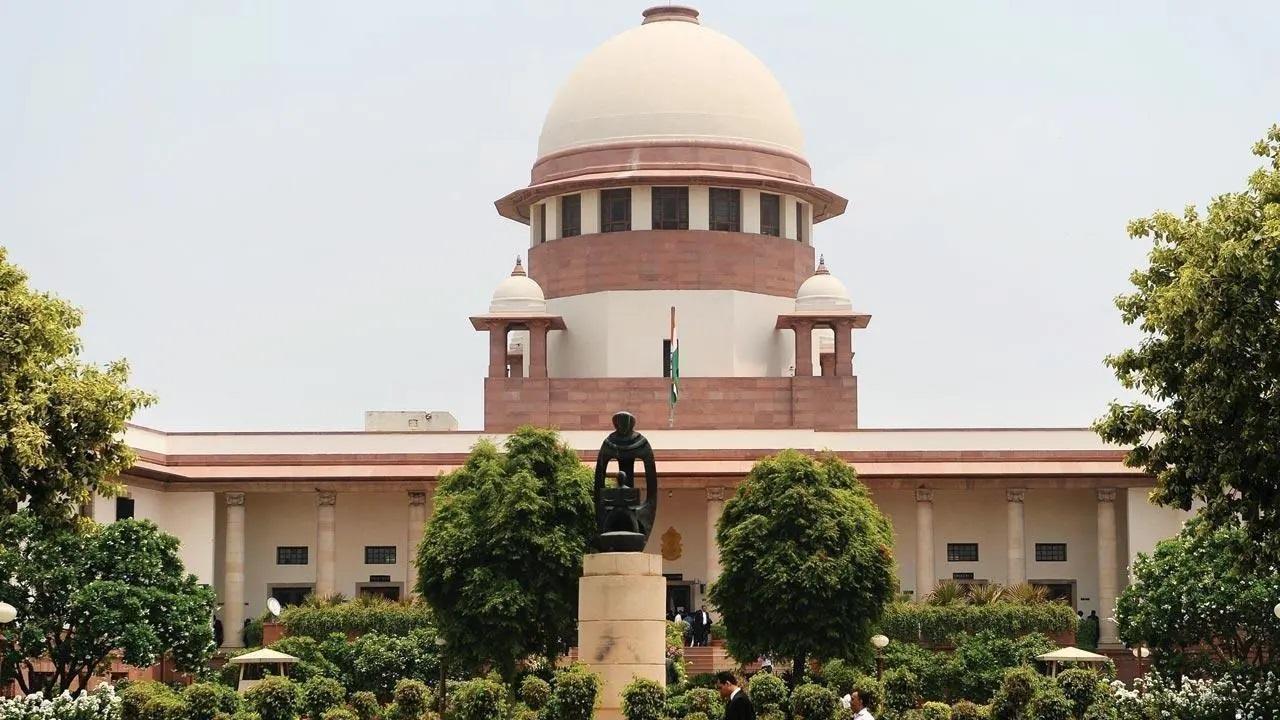A three-judge bench headed by Chief justice Uday Umesh Lalit permitted all the applications, including the plea filed by Jamiat Ulama-i-Hind, to intervene in the hearing of the pleas on the validity of the Places of Worship (Special Provisions) Act, 1991

Supreme Court of India. File Pic
The Supreme Court on Friday granted two weeks' time to the Centre to file its reply on pleas challenging the validity of certain provisions of a 1991 law, which prohibit the filing of a lawsuit to reclaim a place of worship or seek a change in its character from what prevailed on August 15, 1947.
ADVERTISEMENT
A three-judge bench headed by Chief justice Uday Umesh Lalit permitted all the applications, including the plea filed by Jamiat Ulama-i-Hind, to intervene in the hearing of the pleas on the validity of the Places of Worship (Special Provisions) Act, 1991.
The bench, also comprising Justices S Ravindra Bhat and P S Narasimha, ordered that the matters be heard by a three-judge bench on October 11 and asked the parties to complete the pleadings by then.
Also Read: Hijab ban: Not very fair to compare with practices in Sikhism, says Supreme Court
The top court, on March 12, last year, had sought the Centre's response to one of the pleas filed by lawyer Ashwini Upadhyay challenging the validity of certain provisions of the law which provides maintaining the status quo with regard to ownership and the character of religious places as prevailing on August 15, 1947.
The petition alleged that the 1991 law creates an "arbitrary and irrational retrospective cut-off date" of August 15, 1947 for maintaining the character of the places of worship or pilgrimage against encroachment done by "fundamentalist-barbaric invaders and law-breakers".
This story has been sourced from a third party syndicated feed, agencies. Mid-day accepts no responsibility or liability for its dependability, trustworthiness, reliability and data of the text. Mid-day management/mid-day.com reserves the sole right to alter, delete or remove (without notice) the content in its absolute discretion for any reason whatsoever.
 Subscribe today by clicking the link and stay updated with the latest news!" Click here!
Subscribe today by clicking the link and stay updated with the latest news!" Click here!







